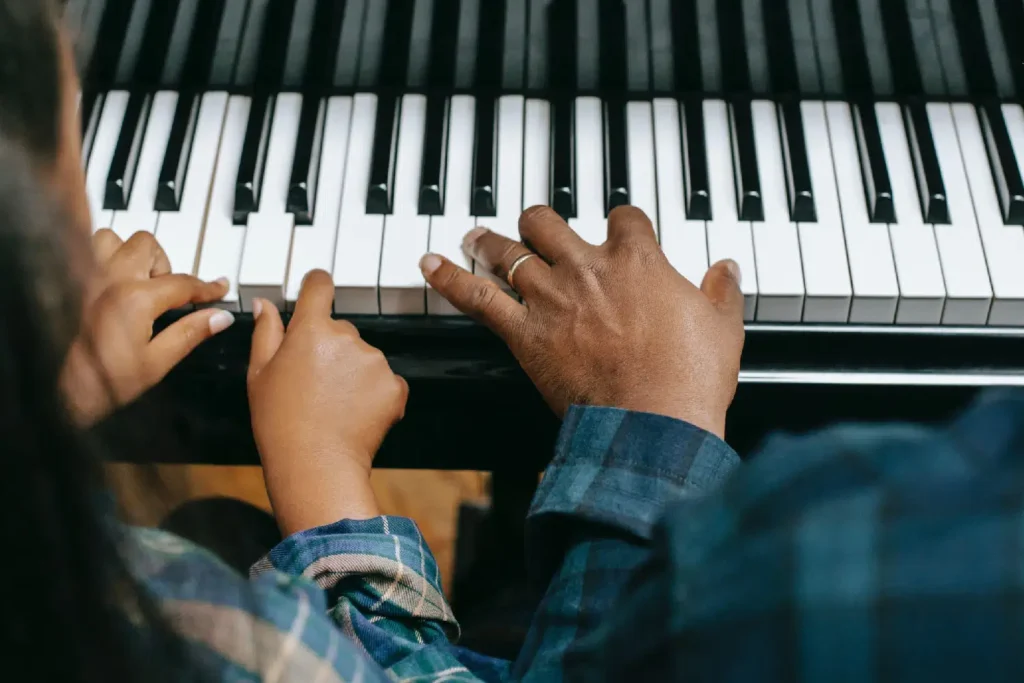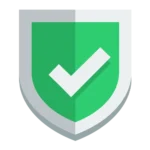Introduction to Piano Methodology:
Learning to play the piano is a multifaceted journey, and the choice of learning method plays a pivotal role in shaping one’s musical prowess. In addition to various learning approaches, method books serve as structured resources to guide students through their piano education. This article delves into popular piano learning methods while exploring how method books contribute to a well-rounded and effective musical education.

Traditional Piano Lessons:
Traditional piano lessons, guided by a private instructor, often incorporate method books into their curriculum. These books, such as the Alfred’s Basic Piano Library or Faber and Faber’s Piano Adventures, provide a systematic and progressive series of lessons. They cover music theory, technique, and a diverse repertoire, ensuring a well-rounded education for students of all levels.
Online Piano Courses:
Online piano courses, while often digitally oriented, also utilize method books to structure their lessons. Platforms like Playground Sessions or Piano Marvel may integrate their proprietary method books into the online curriculum, also ensuring that students benefit from a comprehensive and organized learning path.
Piano Apps:
Certain apps incorporate method book concepts into their interactive interfaces. Yousician, for example, guides users through lessons inspired by traditional method book structures. These apps often present lessons in a gamified format, while keeping learners engaged and motivated through the use of technology.
Suzuki Method Books:
The Suzuki Method, developed by Shinichi Suzuki, employs a specific set of method books designed to complement its philosophy. Suzuki books focus on listening, imitation, and repetition, while gradually introducing sheet music as students progress. Titles like “Suzuki Piano School” provide a repertoire that aligns with the method’s emphasis on both ear training and musicality.
Classical Method Books:
For those pursuing a classical piano education, method books are essential components of their training. Books such as Czerny’s “School of Velocity” or Hanon’s “The Virtuoso Pianist in 60 Exercises” are classical method books that focus on technical development. Additionally, collections like Burgmüller’s “25 Progressive Pieces” or Bartók’s “Mikrokosmos” offer graded repertoire suitable for advancing students.
Adult Piano Methods:
Method books tailored for adult learners recognize the unique needs and interests of older students. Titles like Alfred’s “Adult All-in-One Course” or also Hal Leonard’s “Adult Piano Adventures” provide adult-friendly content, combining foundational skills with a diverse selection of music genres.
Jazz and Popular Music Method Books:
For those inclined towards jazz or popular music, method books like Mark Harrison’s “Pop Piano Book” or Hal Leonard’s “The Jazz Piano Book” offer specialized instruction. These books guide learners through specific techniques, improvisation, and stylistic elements prevalent in jazz and popular genres.
Supplementary Method Books:
In addition to primary method books, supplementary materials can enhance the learning experience. Books like “The Bastien Piano Library” or “John Thompson’s Modern Course for the Piano” serve as valuable complements to various method series, providing additional exercises, repertoire, and perspectives.
Conclusion:
Method books are integral components of music education, offering structured guidance and a clear progression for learners. Whether following a traditional lesson structure, engaging with online courses, or exploring app-based learning, incorporating method books aligns with established pedagogical principles. The diversity of method books available caters to the varied preferences, skill levels, and musical interests of aspiring pianists. By embracing these resources, students embark on a well-guided and enriching journey into the enchanting world of piano playing.
More About Our Vocal Coaches
We understand that transitioning is often difficult and undeniably stressful for many people. While Dysphoria affects everyone differently, having an affirming voice that feels right for you can be a major factor in managing dysphoria.
Our vocal coaches help you find your voice by:

Dependable
⸺ & ⸺
Diligent
Having an advanced contact and booking platform to be sure that Your Lessons Now is always there for you, and our admin staff will always be here to help.

Helpful
⸺ & ⸺
Human
Providing a human touch to your scheduling and inquiries, our vocal coaches and also our admin team will assist you every step of the way.

Loud
⸺ & ⸺
Proud
Understanding the importance of providing a judgment-free and empathetic and caring environment, since many of us are LGBTQIA+ ourselves.

Secure
⸺ & ⸺
Respected
Our vocal coaches have extensive training, experience, degrees, and awards to further ensure the best learning environment for our students.